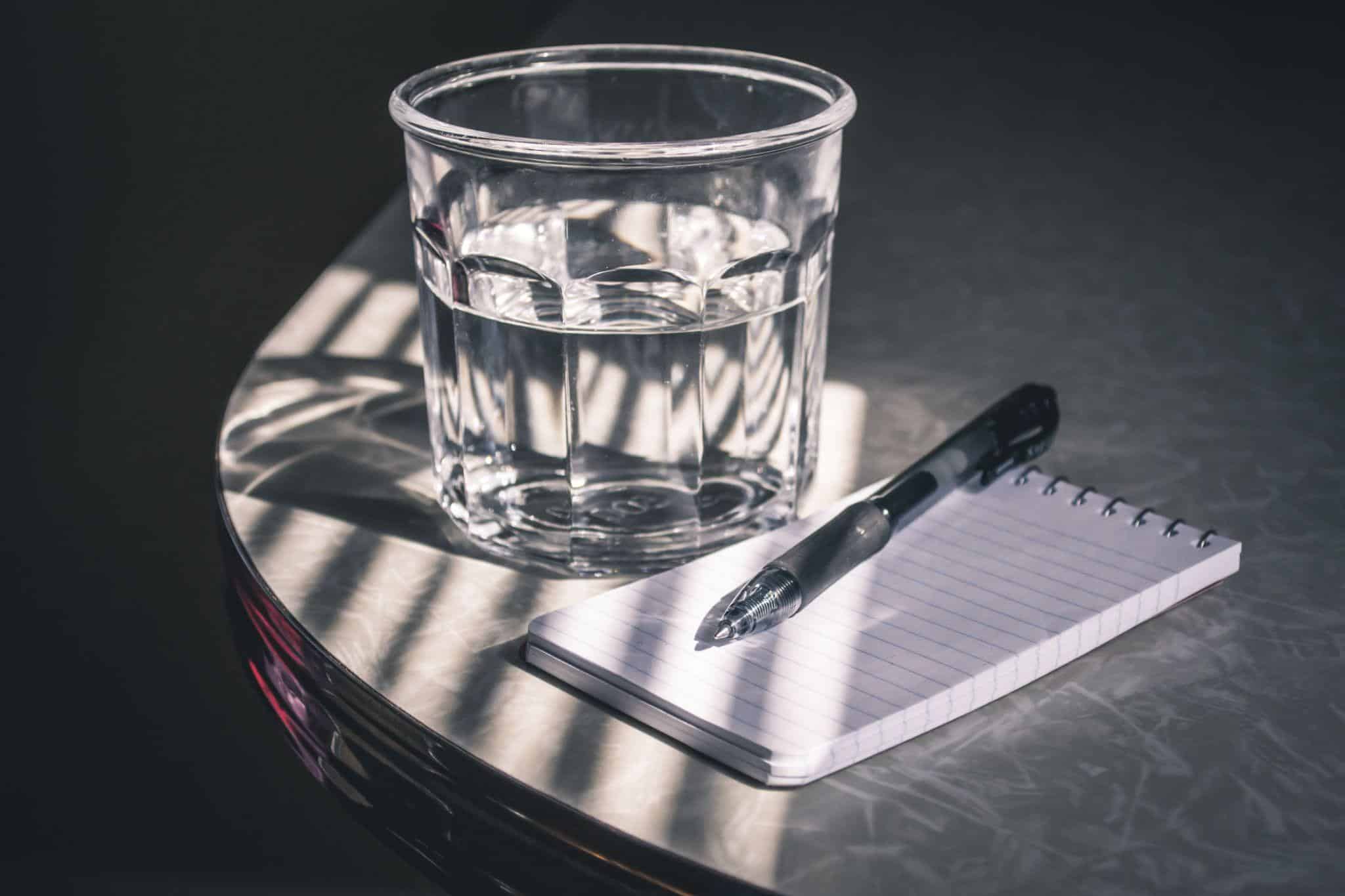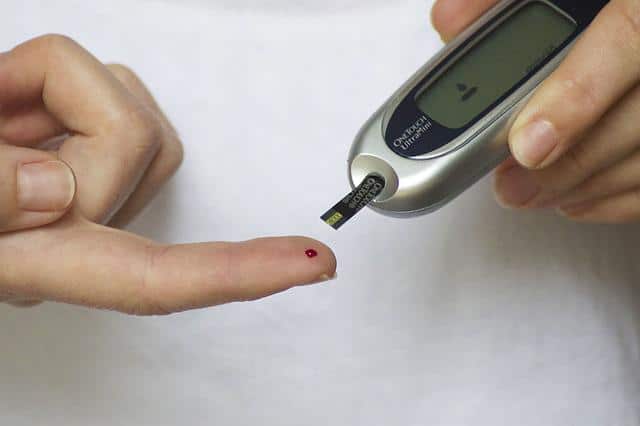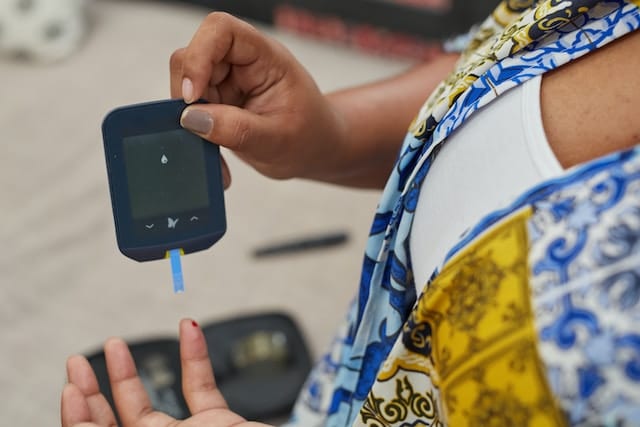Effects of Water on Blood Glucose
Whether you’re someone who was recently diagnosed with diabetes or you’ve been living with it for a fair amount of time, you likely know that your diet plays a major role in your overall health and well-being. Making the right food choices will allow you to keep your blood glucose levels in check. While your diet is critical, there are other measures you can take to contribute to a better quality of life. Take, for example, something as simple as drinking water! If hydration is not a focal point in your diabetes self-management plan, let’s take a closer look at the effects of water on blood glucose and how you can regulate it with clean water.
How Does Drinking Water Impact Your Blood Glucose Levels?
Those with diabetes might be surprised to learn that water keeps blood glucose levels low. How? By staying hydrated and getting enough water (which will vary depending on your personal activity level and other factors). You can keep your blood glucose down by flushing out extra glucose from the kidneys through urination. Regularly drinking water can also support diabetics by serving to reduce their appetite, even if only for a brief period.
If you’re diabetic, making sure that you’re getting enough water daily helps you avoid the dangers of dehydration. Additionally, remove glucose from your system, and helps you better control any cravings you might be having as you navigate a new diet plan!
What’s Important to Know About Drinking Water for Diabetes
Adequate hydration is essential when you have diabetes, but there are always rules to remember if you want to make sure you’re hydrating properly. Here are a few things to know about drinking water for better blood glucose control.
- Avoid Drinking Too Much Water: There’s certainly too much of a good thing! It’s important to be adequately hydrated without overdoing it. Start with the average water intake for a person of your size, gender, and age as a baseline, and drink more or less as needed. Don’t force yourself to drink more if you’re not thirsty or if you’re already had enough.
- Drink Filtered Water: Contaminated water can contribute to your diabetes. In fact, the chemical arsenic has been shown to increase the risk of diabetes as well as the blood glucose levels of those who already have diabetes. Drinking filtered water can ensure you’re not consuming anything potentially harmful, especially if you don’t know what the quality of your tap water currently is.
- Be Careful With Any Additives: Some people love adding flavoring, other powders and liquids to their water to make it more exciting to drink. The problem? If these products have sugar, you can end up putting yourself at risk rather than reaping the rewards of staying hydrated. Always research any additives you wish to put in your water before you use them.
Drinking more water is something everyone should be doing. But if you have diabetes, drinking water can help you better manage your blood glucose levels and lead a healthier life. Hope you enjoyed this article on the Effects of Water on Blood Glucose.








The hi prices of groceries has made my blood glucose A OK.meats,cheeses,nuts,yogurt is good carbs.Pork rinds are also low in carbs . Next month I’ll get my A1C IVE GONE FROM 9.2 TO 8.4 IN 1 YEAR.AS LONG AS I KEEP LOWERING IT I’M A HAPPY CAMPER.1 LEGGED WILLIAM OVER AND OUT!!!!!!!!!!